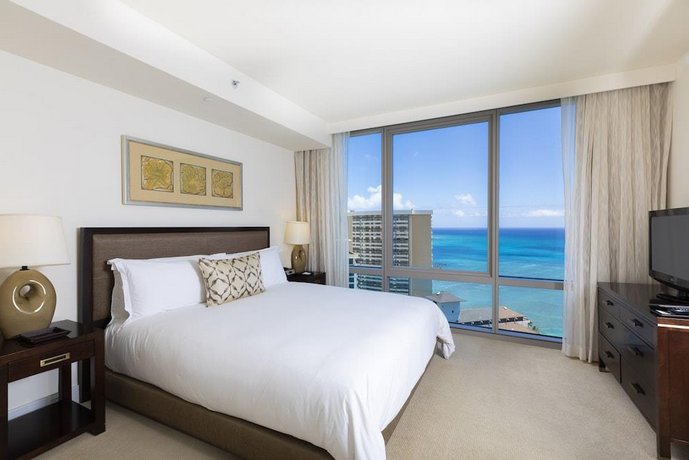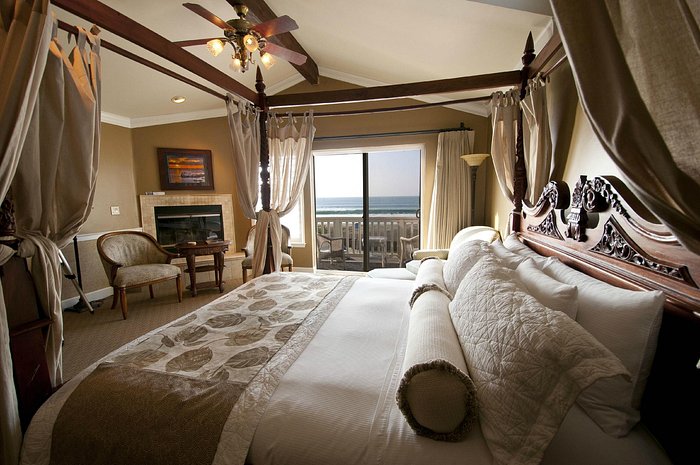Running a Bed and Breakfast (B&B) can be a delightful and rewarding experience. It’s a venture where hosts provide travelers with a unique and personal lodging experience. Yet, one of the unavoidable challenges in the hospitality industry is dealing with difficult guests. Whether due to differing expectations, miscommunications, or individual temperaments, knowing how to handle difficult B&B guests can make all the difference in maintaining an enjoyable environment for everyone.
At Wallace House B&B, we believe in transforming even the toughest guest interactions into opportunities for lasting relationships. By developing strong communication strategies and keeping a calm demeanor, you can enhance your skills and confidence when facing challenging scenarios. Our approach is designed to not only alleviate immediate tensions but also build a resilient and guest-friendly atmosphere at your establishment.

Understanding Difficult B&B Guest Behavior
The first step in managing difficult guests is understanding their behavior. These guests may arrive with pent-up expectations or as a result of a rough travel journey. It’s essential to recognize that their mood may not necessarily reflect on your hospitality but rather their own stressors or preferences. Gaining insight into these nuances can guide you in addressing their concerns more effectively.
Common Types of Difficult Guests
Experiences with guests may vary, but typically challenging guests fit into a few categories:
- Complaining Guests
- Dissatisfied Guests
- Demanding Guests
- Rude Guests
- Unreasonable Guests
Each type requires a unique approach, whether emphasizing patience or delivering excellent service that surpasses typical expectations.
De-escalating Potential Conflicts
De-escalation is vital to effectively manage tense situations. It’s often beneficial to practice active listening and fully understanding the guest’s issue before taking corrective measures. To successfully de-escalate issues, consider:
Using Effective Communication Skills
Practice the art of maintaining calm, clear communication. Avoid taking criticism personally and stay focused on addressing issues directly and professionally. Encourage your staff to use empathetic language and express understanding of the guest’s feelings, reinforcing that their concerns are valid and important to you.
Offering Solutions and Alternatives
Once the problem is defined, presenting clear solutions is crucial. This might mean offering room upgrades, complimentary meals, or other perks to appease guests. Effectively suggesting what makes a B&B unique may include personal touches like offering local insights or suggesting tailored activities.
Maintaining a Positive Environment
Keeping morale high among staff and guests is essential to reducing the incidence of difficult situations. Creating a warm and inclusive atmosphere encourages guests to address concerns in a constructive manner.
Training Your Staff
Readers can see the value in training staff to handle guests effectively. Investing in customer service workshops can hone employees’ skills in managing difficult guests, resulting in a more cohesive and efficient team.
Programs focusing on patience, active listening, and solution generation are incredibly beneficial for maintaining a positive guest experience at B&Bs.
Prevention through Information and Transparency
Informing potential guests about the experience your B&B offers can prevent misunderstandings later on.
Setting Clear Expectations
Be transparent about what guests may expect during their stay. Provide information about room sizes, meal offerings, and policies to ensure that your guests are well-informed prior to arrival. Consider featuring aspects such as famous features of renowned B&Bs that might entice and educate guests about what to expect.
Frequently Asked Questions
The inclusion of a FAQ section on your promotional material is a beneficial tool that addresses common questions and highlights typical offerings. This can mitigate guest concerns proactively and align their expectations with what your B&B can provide.
How to Adapt and Learn from Difficult Experiences
Every interaction with a difficult guest is an opportunity for growth. Analyze each scenario, identify what worked well, and adjust hospitality strategies accordingly.
Requesting and Using Feedback
Encourage constructive feedback from all guests, not only those who highlight concerns. Understanding how your B&B is perceived can guide operational enhancements and strengthen guest satisfaction.
Investing in Improvements
Use guest feedback to make informed investments that improve overall guest comfort and experience. Analyzing feedback trends allows managers to be judicious with spending while significantly boosting guest satisfaction levels.
For further exploration into guest satisfaction topics, consider investigating community perspectives on B&Bs and guests’ evolving expectations.
Continuing Education for Hosts
Stay abreast of emerging hospitality strategies and practices by attending workshops or seminars through associations such as Innkeepers or Chambers of Commerce. Expertise sharing among peers can inspire innovative approaches to handling guests gracefully.
Conclusion
Mastering how to handle difficult B&B guests requires practice, patience, and a commitment to maintaining a welcoming environment. The key is to transform potential conflicts into memorable experiences, nurturing lasting bonds with guests who appreciate your dedication. Embrace each guest’s challenges as opportunities to refine your approach, expanding your knowledge and ability to cater to diverse personalities.
For more insights on how to personalize your B&B experience and create unique guest experiences, visit what makes your B&B unique.

FAQs
Q1: What steps should I take when managing a difficult guest?
A1: Employ active listening, clear communication, and offer practical solutions. Train staff in conflict resolution and maintain a positive environment at your B&B.
Q2: How can I prevent difficulties with guests?
A2: Set clear expectations by providing comprehensive information about what guests can expect during their stay. Use FAQs to manage expectations and align guest perceptions with the services provided.
Q3: What should I do with feedback from guests?
A3: Encourage all feedback, analyze trends, and use insights to inform operational improvements, thus enhancing guest satisfaction over time.
This article contains affiliate links. We may earn a commission at no extra cost to you.






